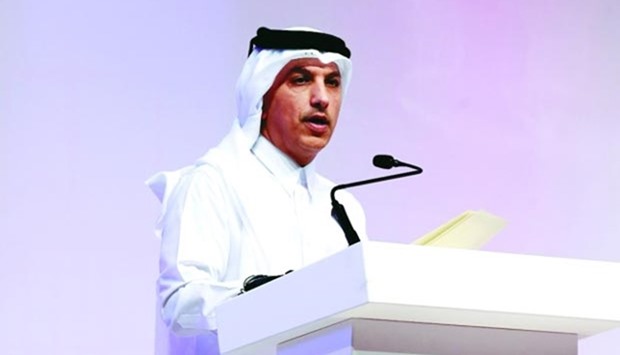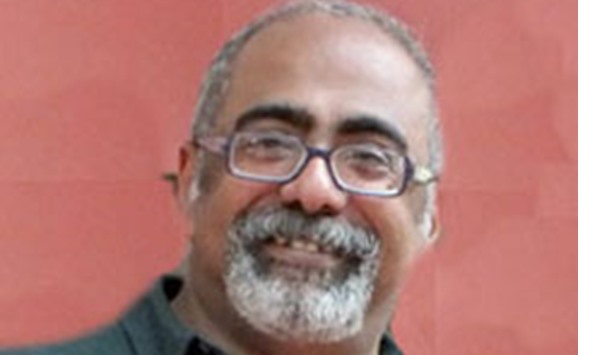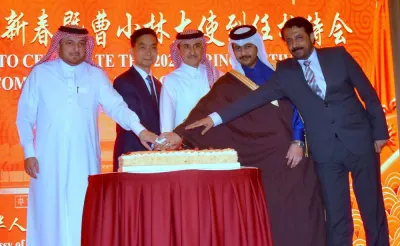Qatar Financial Intelligence Unit (QFIU), a member of Egmont Group (EG) of global FIUs since 2005, has established new working groups and developed new ways of combating money laundering as part of efforts to strengthen its firewall against terror and other nefarious activities.
This was disclosed by Sheikh Ahmed bin Eid al-Thani, head of QFIU, at the EG meeting, organised by the Qatar Central Bank (QCB).
Earlier inaugurating the Egmont Group meet, Finance Minister HE Ali Sherif al-Emadi said FIUs have a crucial role in achieving economic and financial stability and supporting development process through combating financial crimes, including money laundering and the financing of terrorism.
The EG, a united body of 152 FIUs, provides a platform for the secure exchange of expertise and financial intelligence to combat money laundering and terrorist financing. The Middle East and North Africa region currently comprises 11 FIUs representing Algeria, Bahrain, Egypt, Jordan, Lebanon, Morocco, Qatar, Saudi Arabia, Syria, Tunisia and the UAE.
Methods and techniques used in money laundering and terrorism financing crimes are constantly changing, especially with the increasing capacity to utilise the rapid technological developments in carrying out these crimes, al-Emadi said.
Despite the application of international standards to combat money laundering and terrorism financing, perpetrators of these crimes are familiar with the systems through which they can pass the illicit funds, he said pointing out that it reflects the importance of developing the capacity of financial institutions and to strengthen cooperation and coordination among them to monitor, track and prevent these crimes.
"The success in the fight against these crimes is not easy but it is also not impossible if there is will, capacity and international coordination to combat them," al-Emadi said, stressing that Qatar has supported all international efforts that seek to combat different types of crimes.
The QFIU chief stressed that combating financial crimes cannot be done by countries unilaterally, but rather has to be a coordinated effort.
According to QFIU website, the number of suspicious transaction reports (STRs) increased by more than 36% year-on-year to 702 in 2015, with exchange houses constituting 77% and banks 16%.
Regarding the number of individuals identified as being involved in suspicious financial activities during 2015, QFIU found exchange houses have the highest rate of STRs (89%), followed by banks (10%), finance and investment companies (1%) and insurance companies (1%). The number of "suspects" grew more than 58% to 1,241 in 2015.
QFIU adopted Egmont's framework to efficiently represent the Asian region recently, and currently heads one of the technical departments of the group. This comes from Qatar's belief in the EG charter and would continue its support due to the importance of strengthening global cooperation to exchange information between countries in all fields, al-Emadi said.
Sheikh Fahad Faisal al-Thani, QCB deputy governor and chairman of the National Anti-Money Laundering and Terrorism Financing Committee, said in addition to Qatar's efforts to fight money laundering and terrorism funding on a national level, it also prioritises strengthening the global cooperation in the field, highlighting the importance of Egmont's purpose.
"Qatar has succeeded in strengthening its legislative, regulatory and technical framework to combat money laundering and terrorism funding," he added.

HE al-Emadi addresses the Egmont Group meeting in Doha on Monday.



